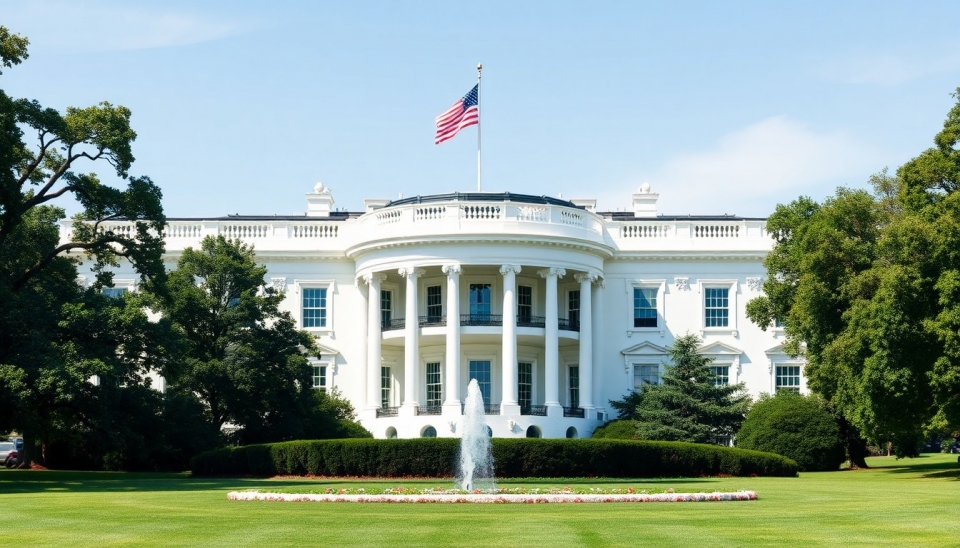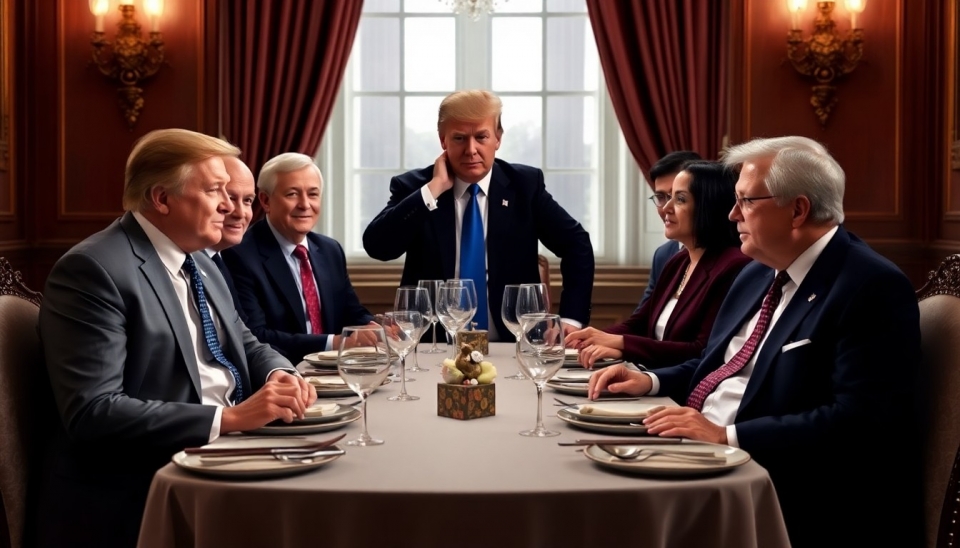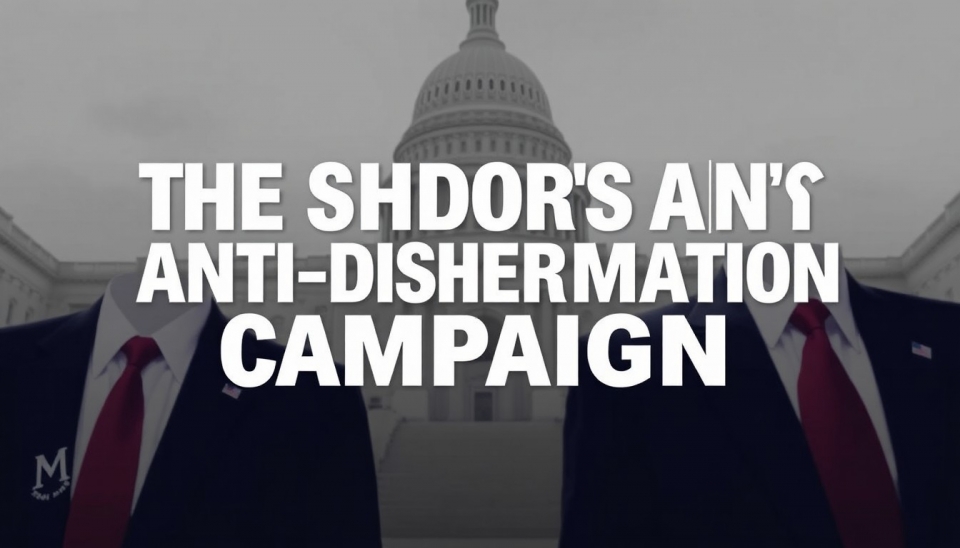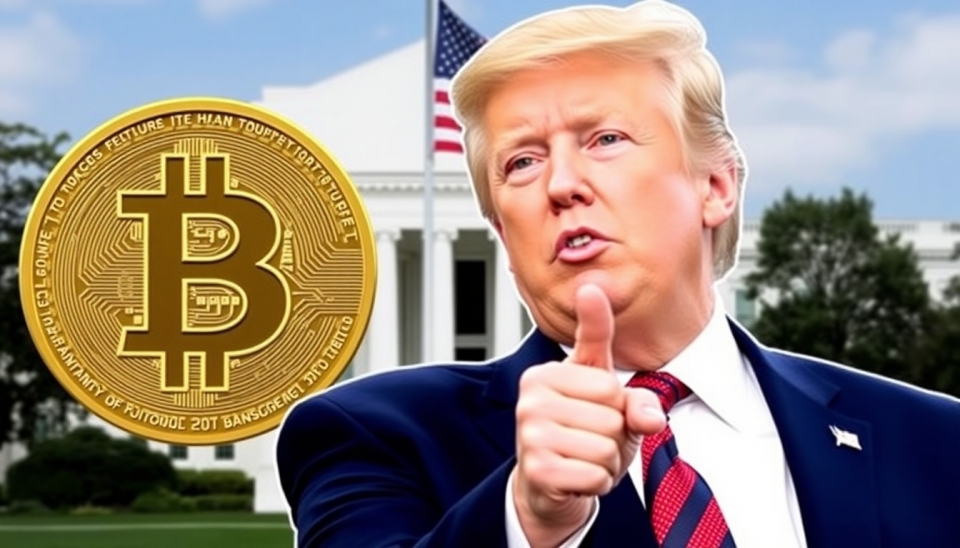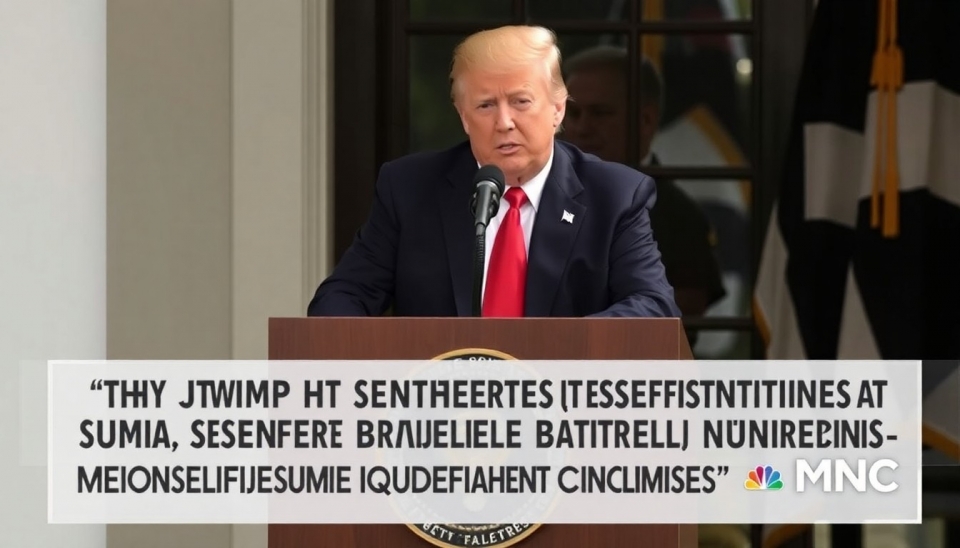
In a bold and controversial move, former President Donald Trump has barred federal agencies from engaging in collective bargaining discussions with unions representing federal employees. This unexpected decision aims to reshape labor relations within the government, fostering a significant shift away from previous practices that had encouraged negotiation and compromise between federal workers and their respective unions.
The suspension of negotiation talks, revealed in a memorandum issued to federal agency heads, signals a stern approach towards union influence and labor costs. The directive explicitly instructs agencies to refrain from entering any new bargaining agreements or renewing existing contracts with federal unions. This action underscores Trump's ongoing commitment to reduce the size and scope of government while cutting expenditures associated with federal employee benefits.
Trump's memorandum cites a need for "efficiency and effectiveness" within federal operations, arguing that collective bargaining can hamper responsiveness and adaptability in government agencies. His administration argues that such limitations are detrimental to the management of federal resources, claiming that the renegotiation of contracts has often resulted in increased costs and less accountability within government programs.
The decision has drawn immediate backlash from labor groups, many of which argue that effective bargaining arrangements are critical for protecting worker rights and ensuring fair wages. Leaders of major federal unions have voiced their concern that this move will lead to deteriorating working conditions and erode the trust between government employees and their employers.
Critics also highlight how this action could have long-term ramifications for employee morale, potentially leading to higher turnover rates and diminished job satisfaction within essential government roles. With job security often linked to the strength of collective bargaining agreements, many federal employees fear that this development may jeopardize their workplace rights.
Trump's administration has not only targeted collective bargaining rights but has also hinted at broader reforms in federal employment policies, aligning with his broader agenda of prioritizing efficiency over traditional worker protections. This indicates a shift towards a more centralized, controlled approach to government employment, where unions may play a diminished role in negotiations affecting wages, benefits, and working conditions.
As the impact of this policy unfolds, it remains to be seen how federal workers will react and whether any legal challenges will arise from labor organizations seeking to contest the memorandum's authority. For now, the landscape of federal labor relations is poised for a transformation, one that could redefine the relationship between the U.S. government and its employees.
This pivotal moment serves as a reminder of the ongoing tensions in American labor relations, particularly within the public sector, as agencies navigate a complex mix of political, economic, and social pressures. Stakeholders from all sides are closely monitoring these developments, with far-reaching implications for the future of labor rights in the federal workforce.
#Trump #FederalUnions #CollectiveBargaining #LaborRelations #PublicSector #UnionRights
Author: John Miller
